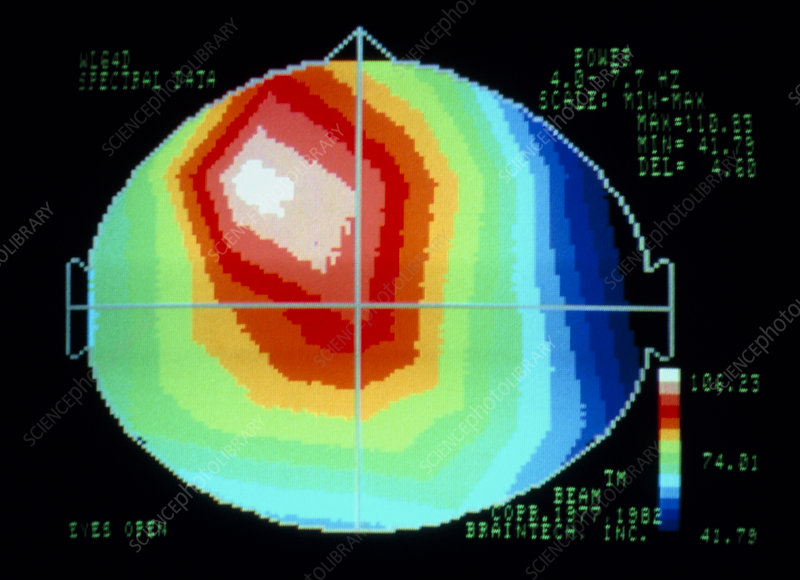
Talk therapy and counseling are good. Many, many people have benefited from them. However, therapists and psychologists must make an educated-guess assessment at what are the root causes of an individual’s problems, based on visible or self-reported symptoms. And sometimes, unfortunately, they guess wrong or miss some symptoms.


We can include a QEEG with our mental health assessment for counseling clients. Our brain-based treatment approach is what sets us apart from other mental health clinicians. We are pioneering the way and changing the way mental health is treated. (Please note we also offer neurofeedback without mental health counseling. View our rates for this service.)
A QEEG, or initial brain scan, reveals the specific locations and functional areas of the brain that are not performing as they should. With a personalized brain scan, we can provide treatment at the location of the core problem. Looking at the brain before providing treatment is brain-based therapy, or neurotherapy.
Our QEEG assessment records and analyzes 19 points of your brain. As neurons talk to each other, they create electricity, or brain waves. When neurons are not performing optimally, they cause dysfunction, such as ADHD, depression, Zaidi, and learning disorders. We run your brain scan through a national “normative” database that allows us to pinpoint the differences between a client’s brainwaves and the typical brainwaves of other individuals of the same age..
Getting a QEEG is very easy, comfortable and painless. We place a special cap on your head covered with sensors to record the electrical activity in your brain. You simply lie back in a reclining chair. We record your brainwave activity for 5 minutes with your eyes open and for 5 minutes with your eyes closed. You also complete questionnaires rating the symptoms you experience during the day.
We then determine where to do training in your brain and for how long. Each time you do brain training, we assess how your brain waves are changing. We ensure that brain waves are making significant changes over time and, if they are not, we look at possible reasons why and may modify your brain training.
We also track your progress by having you rate your symptoms periodically through an online questionnaire. You can also choose to complete another brain scan after 20 sessions to see how your overall brainwaves have changed. Clients find it rewarding to compare their initial brain scan to their 20-session brain scan because they can literally see how their brain has changed and improved!
With our tracking, we know exactly when the treatment is working for you. For example, clients typically report sleeping better and having clearer thoughts after 6-8 training sessions. Research has shown it usually takes about 25 sessions to make permanent changes in the brain. The ideal schedule for neurotherapy is 3 sessions a week, and at that rate, clients often feel a lot better in just 2 ½ months.
The brain is an interconnected system of networks. When you change one area of brain wave activity, the brain integrates those changes throughout the whole brain, improving overall brain functioning.
Electronic information sent to you every two months to help improve your mind and body functioning. Included tips for relaxation and increased focus.